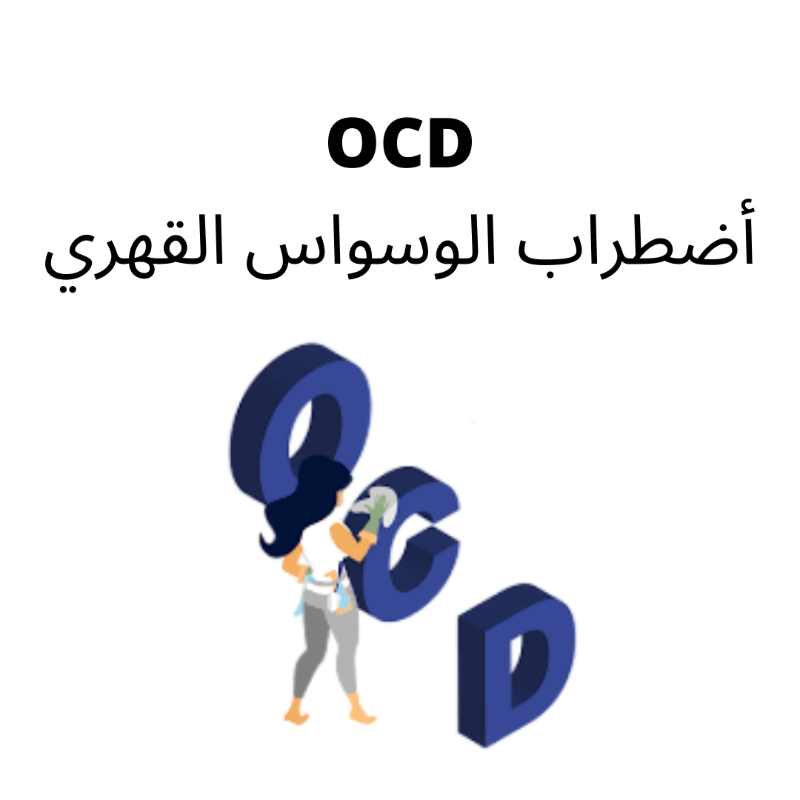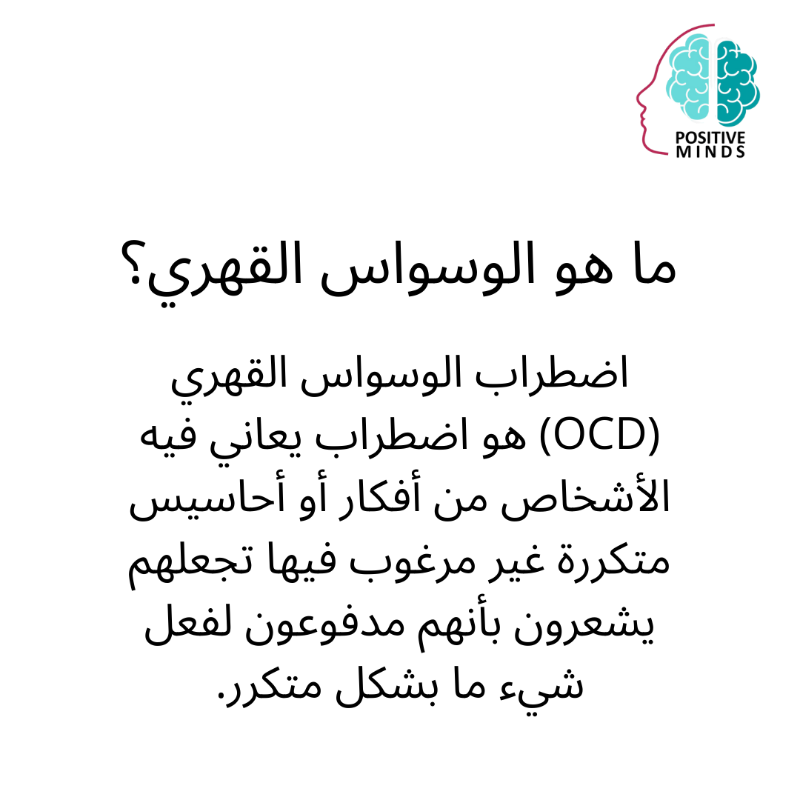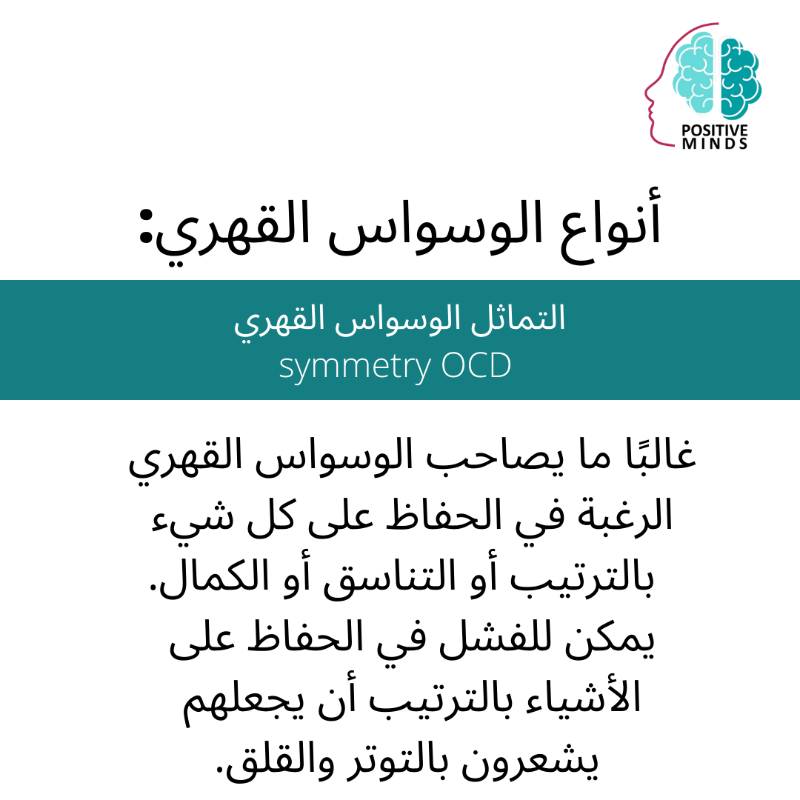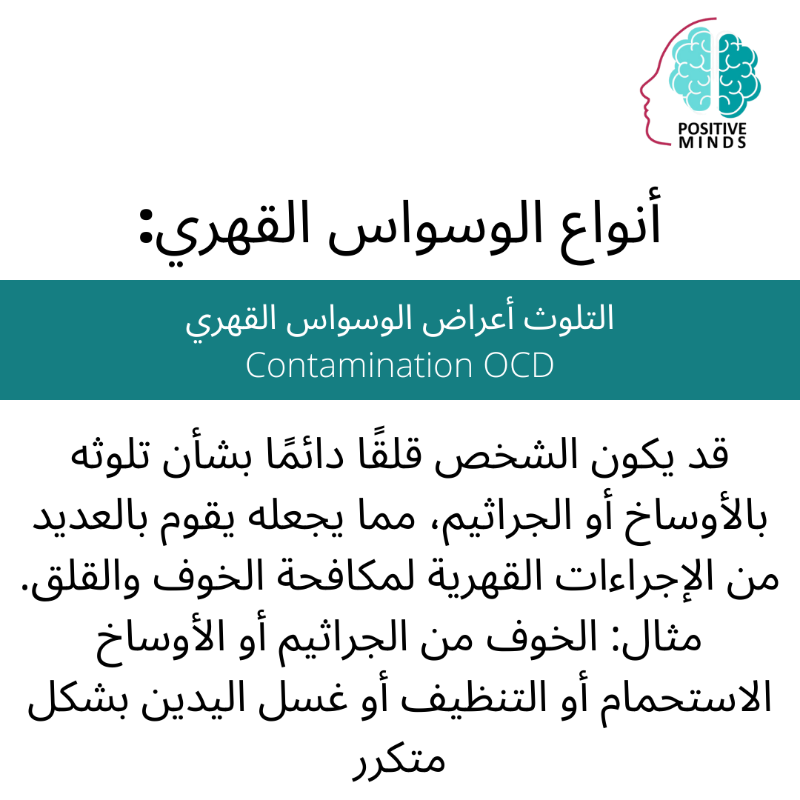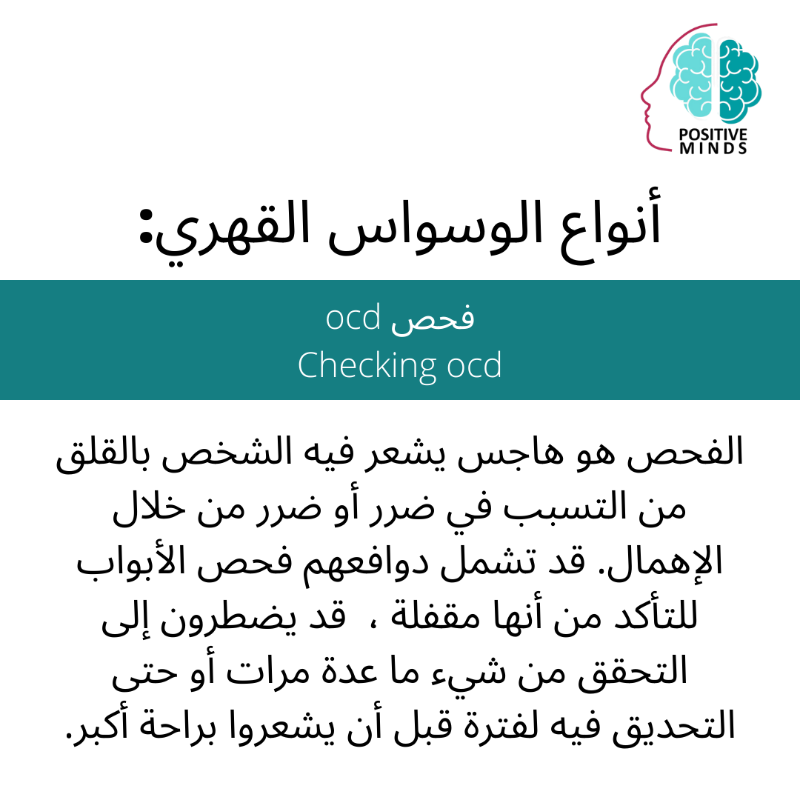What is Obsessive Compulsive Disorder (OCD)?
Obsessions frequently have underlying themes, such as:
Aversion to dirt or contamination
Having doubts and finding it difficult to accept ambiguity
Requiring symmetry and order in everything
Ideas that are violent or horrifying about losing control and hurting oneself or others
Unwanted ideas, such as those that are hostile or deal with sexual or religious issues
Compulsion symptoms:
Compulsions are recurrent activities that you feel compelled to carry out if you have OCD. These recurrent actions, whether physical or mental, are intended to ease tension brought on by your obsessions or avert negative outcomes. However, engaging in the compulsions is unpleasant and may only provide a short-term reduction in anxiety.
Compulsions frequently have themes, similar to obsessions, such as:
-Cleaning and washing
-Checking
-Counting\Orderliness
-Maintaining a rigorous schedule
-Requesting assurance
Getting Help:
There is a distinction between having OCD and being a perfectionist, such as someone who demands faultless performance or outcomes. OCD thoughts go beyond excessive worry about actual issues in your life or a preference for order or cleanliness.
تصميم موقع . كم
